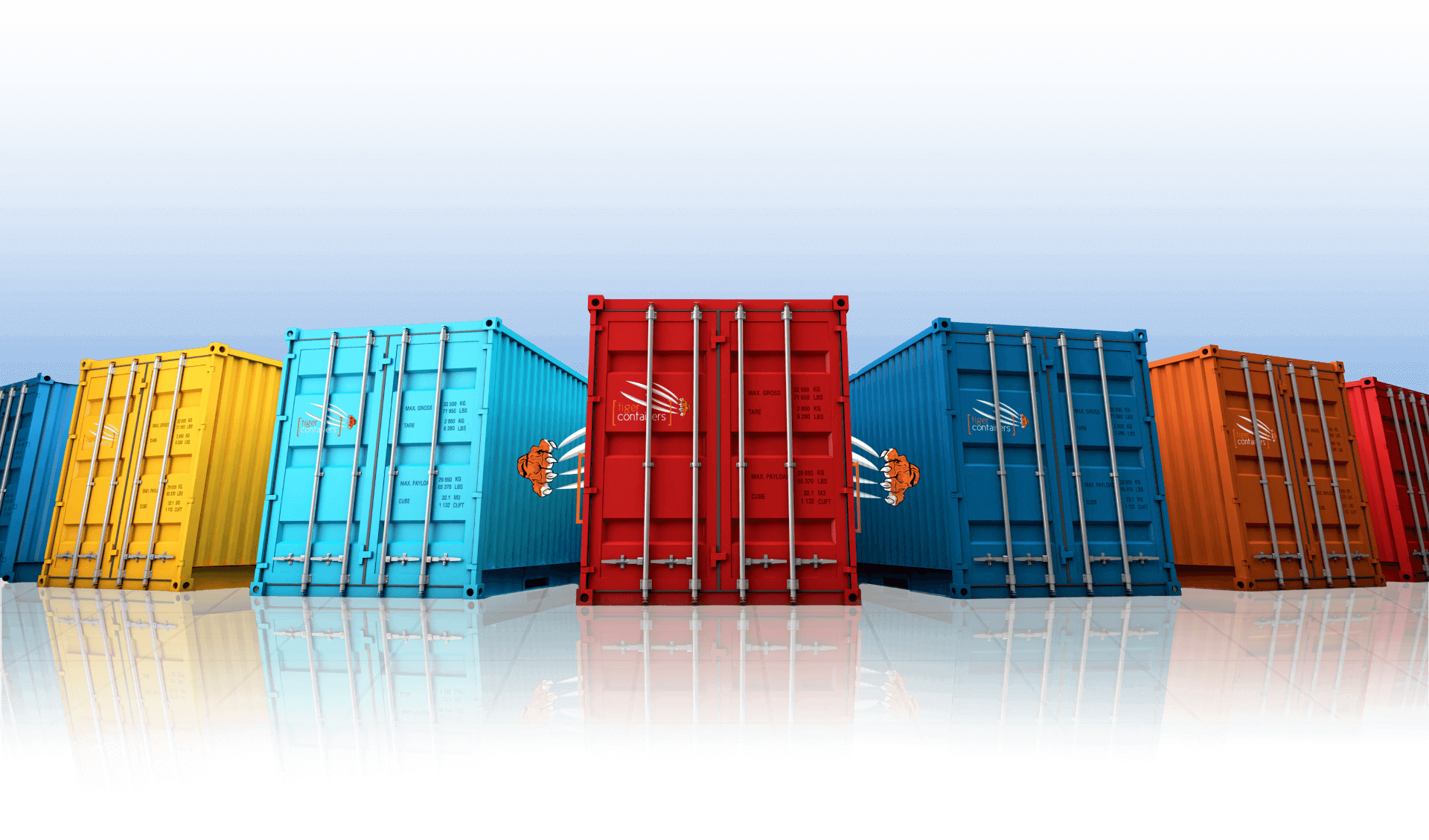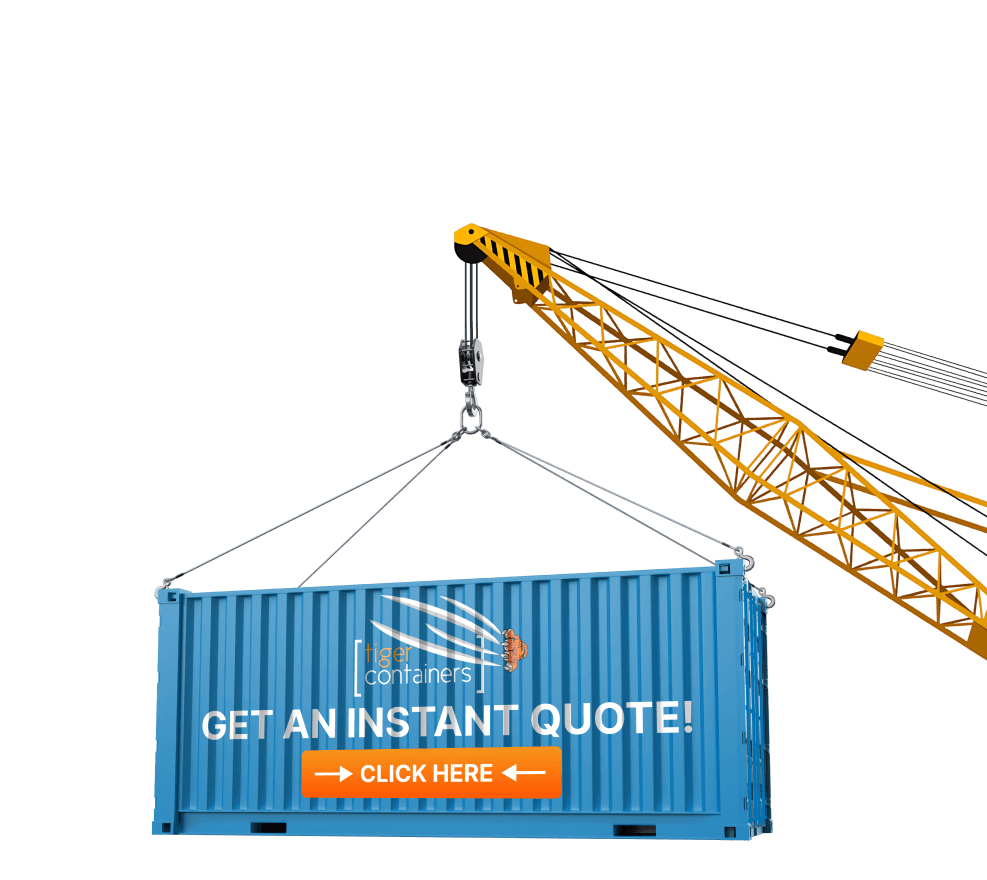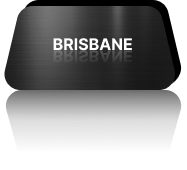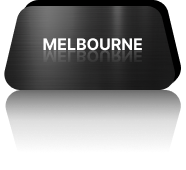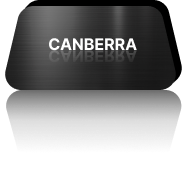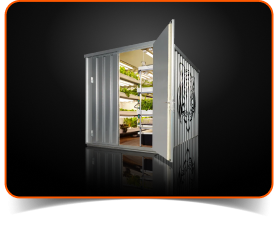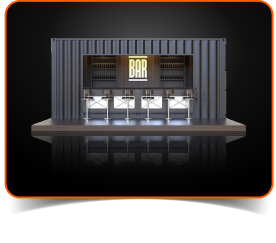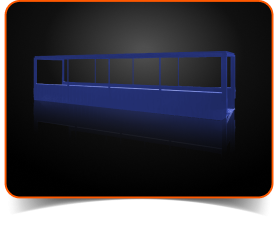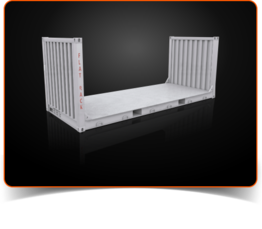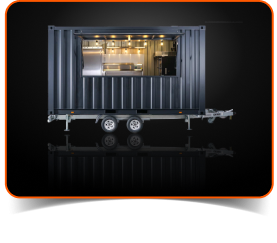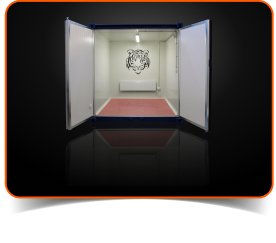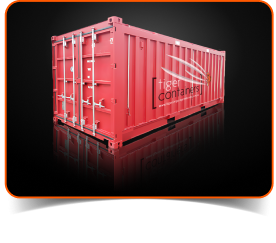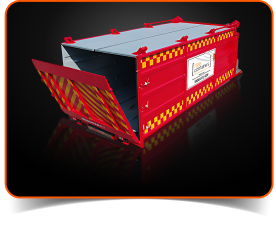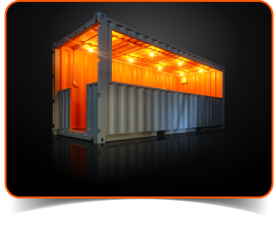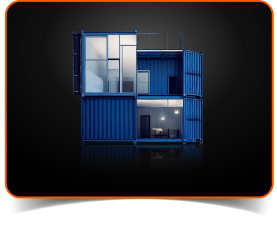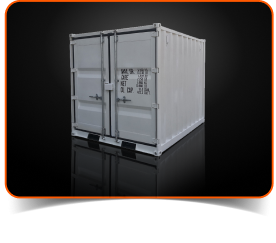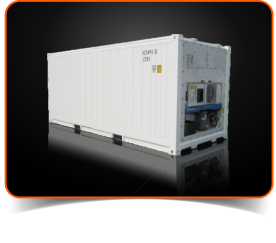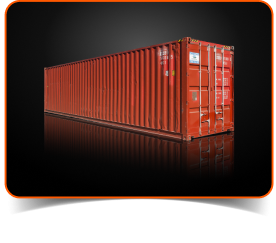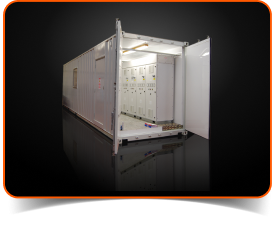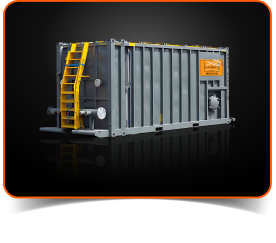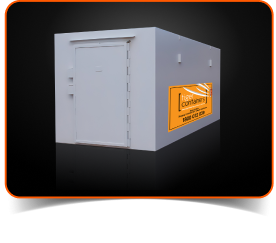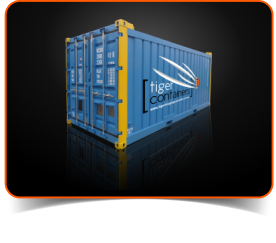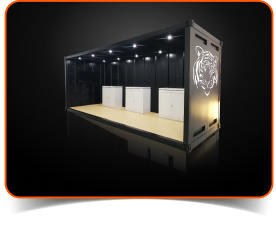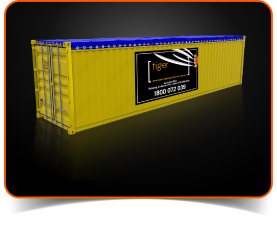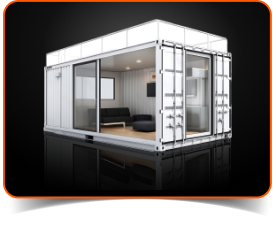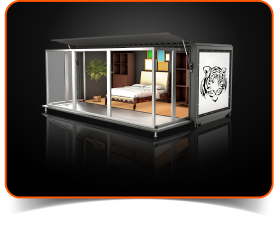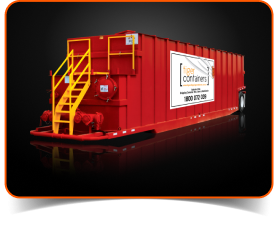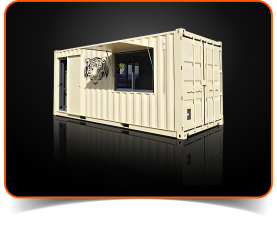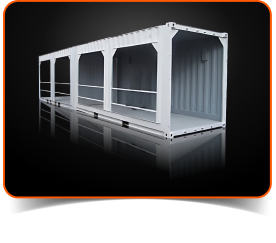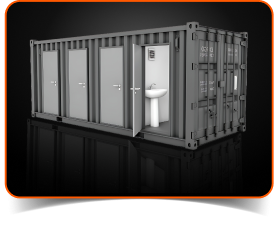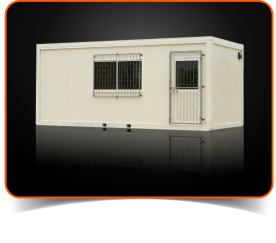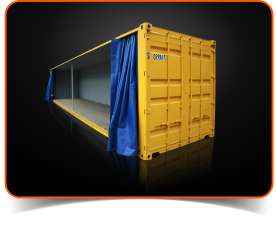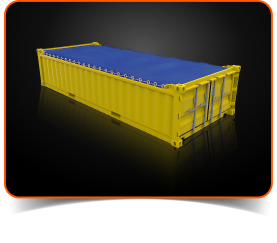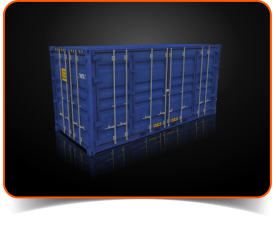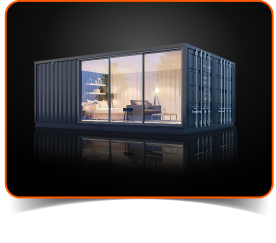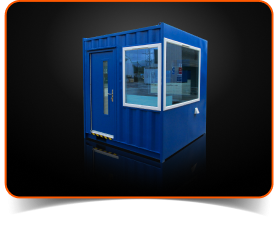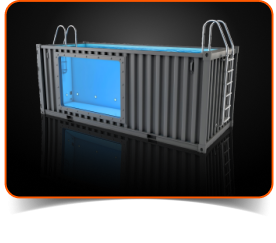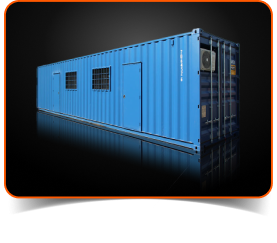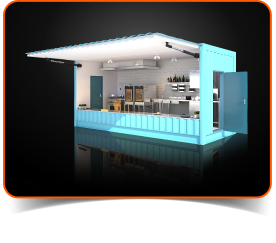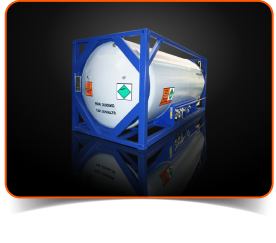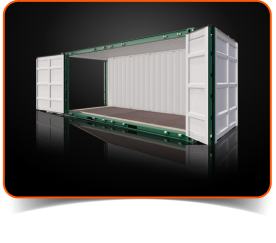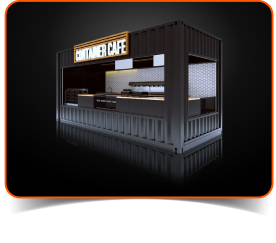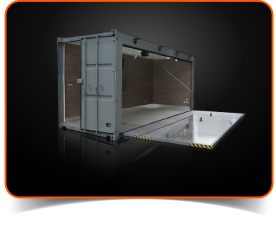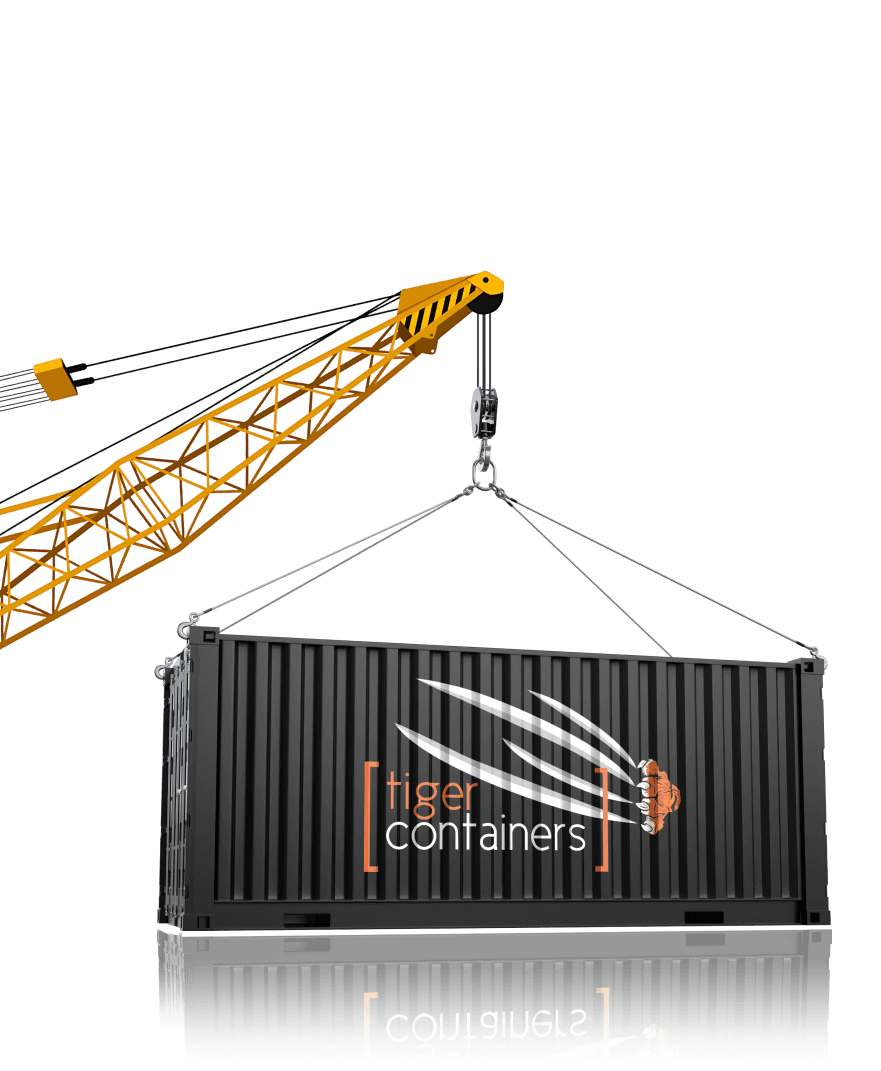
click to view additional modified shipping container pics
refrigerated shipping containers
Reefer containers, also known as refrigerated containers, are specially designed containers that provide temperature-controlled environments for the transportation and storage of perishable goods. Tiger Shipping Containers has been Australia’s leading provider of high-quality reefer containers for over 30 years.Tiger Shipping Containers both hires reefers and sells them.
REEFER DIMENSIONS
The reefers Tiger Shipping Containers hire and sell are available in various sizes to meet your specific requirements. Below are the dimensions for the commonly used sizes.
20ft Reefer Container Dimensions
- Dimensions (Metric): 6.06m (Length) x 2.44m (Width) x 2.59m (Height).
- Dimensions (Imperial): 19.9ft (Length) x 8ft (Width) x 8.5ft (Height).
- Weight: Varies based on the specific configuration
40ft Reefer Container Dimensions
- Dimensions (Metric): 12.19m (Length) x 2.44m (Width) x 2.59m (Height).
- Dimensions (Imperial): 40ft (Length) x 8ft (Width) x 8.5ft (Height).
- Weight: Varies based on the specific configuration.
40ft High Cube Reefer Container Dimensions
- Dimensions (Metric): 12.19m (Length) x 2.44m (Width) x 2.9m (Height).
- Dimensions (Imperial): 40ft (Length) x 8ft (Width) x 9.5ft (Height).
Weight: Approximately 4,900 kg (10,803 lbs).
BENEFITS OF REEFER CONTAINERS
- Temperature Control – maintain the required temperature range to ensure the freshness and quality of your goods throughout the shipping process.
- Precise Humidity Control – create an optimal humidity level to prevent moisture-related issues and preserve the quality of sensitive cargo.
- Secure and Airtight – reefer containers are designed to be secure and airtight, protecting your cargo from external elements and contaminants.
- Remote Monitoring – our reefer containers can be equipped with remote monitoring systems, allowing you to track and monitor temperature, humidity, and other parameters remotely.
- Versatility – reefer containers can transport a wide range of perishable goods, including fruits, vegetables, seafood, pharmaceuticals, and more.
INDUSTRIES THAT USE REEFERS
Reefer containers are used across various industries that require temperature-controlled shipping, including, but not limited to:
- Food and Beverage – transporting fresh produce, dairy products, meat, fish, and other temperature-sensitive food items.
- Pharmaceutical and Healthcare – ensuring the safe and regulated transportation of temperature-sensitive medications, vaccines, and other medical supplies.
- Floral and Horticultural – preserving the freshness and extending the shelf life of flowers, plants, and other horticultural products.
- Chemical and Industrial – shipping temperature-sensitive chemicals and industrial products that require specific temperature conditions.
- Military – certain munitions require temperate sensitive storage and handling.
As we’ve mentioned previously, Tiger Shipping Containers has been Australia’s leading supplier of high-quality reefer containers for over 30 years. And all our reefers, be they new, or 2nd hand, are meticulously maintained and equipped with reliable temperature control systems.
TEMPERATURE CONTROl
Our reefer containers are equipped with advanced temperature control and monitoring systems to ensure precise temperature management during transportation and storage. The temperature in your reefer container can be set to suit the specific requirements of your cargo, whether it needs to be chilled, or frozen.

Non-Operational REFERS
PORTABLE CONTAINER SOLUTIONS
Note: Reefers ideally need to be pre-cooled. An empty trailer takes approximately two hours to cool with the doors kept closed. So always factor this in when getting your reefer delivered.
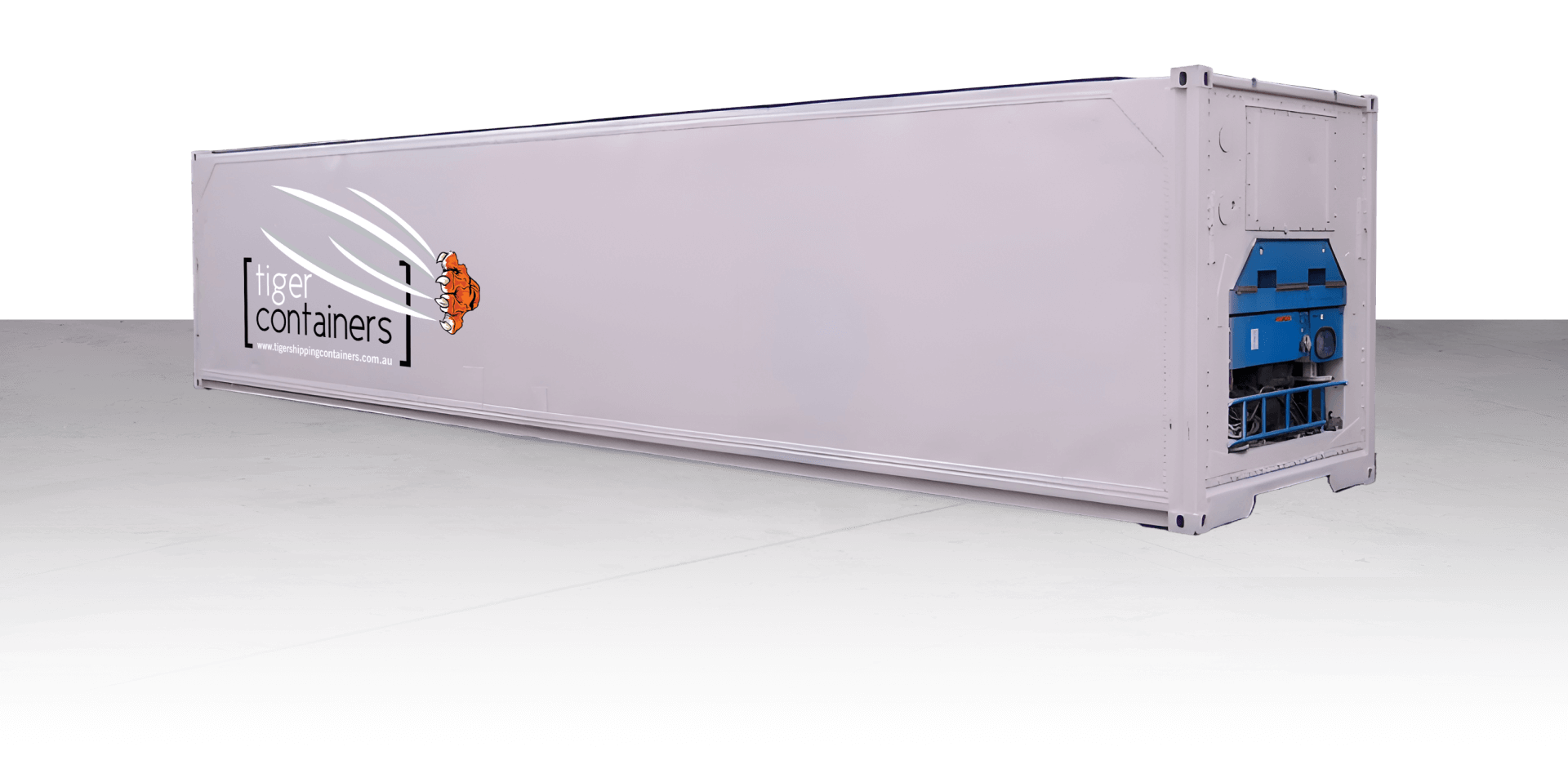
Ultimate Guide To Reefers (Refrigerated Shipping Containers)
When it comes to moving or storing perishable and temperature-sensitive cargo, finding the right way to move or store these items can seem like a daunting task for a lot of people. But with the right container, this doesn’t have to be a challenge. This is why our cooled steel refrigerated shipping containers can be literal lifesavers for users who need that perfect place to store their treasured cargo.
In order to help you to make the best decision on your moving and storage journey, we’ve put together the ultimate guide to reefers. From delving deep into the history of the reefers to the hottest tips for finding a good refrigerated sea container, we’re here to help you every step of the way.
Within this helpful guide, we also explain how the reefers keep your items cool, detail the different uses of reefer containers and explore the benefits of using refrigerated metal containers.
We want you to have all the information you need to buy or hire a reefer. That’s why we’re also providing you with a couple of real-life examples of our inhouse-customised reefers. We also go on to explain what you can store in these mobile fridges and the dimensions of refrigerated containers.
A GLANCE BACK THROUGH HISTORY - THE REFRIGERATED SHIPPING CONTAINER
The history of the refrigerated shipping container started in 1956. Back then, the original shipping container was initially used for transporting dry cargo, also known as general cargo.
It only took a few years after its invention for the cargo container to become a huge success, due to its ability to reduce shipping times by hastening the process of loading and offloading cargo) and improve space utilisation in ships and ports.
In fact, the only complaint back then about the container was that it could not be used to transport goods that were temperature sensitive. This led engineers to come up with a new and innovative way to solve this problem and in the 1960s the very first refrigerated container (reefer) was born. However, due to being quite rudimentary at the time, the containers were called insulated containers.
The introduction of the new container was a big hit, due to its cooling capabilities which made the shipping container even more versatile. Users were now able to transport temperature sensitive cargo such as vegetables, fruits, films, pharmaceuticals, plants, meat, eggs, among other products.
PORTHOLE AND INTEGRATED
REFRIGERATED CONTAINERS
Currently, there are two types of refrigerated containers in the world today, porthole containers and integrated containers. The porthole container is becoming less and less common due to companies shifting to the newer model, which are integrated containers.
Porthole containers have two holes in the rear wall which is used for ventilation. From these holes, cold air is pumped into the container and warm air evacuated to keep the contents at the desired temperature. This type of container requires being connected to a reefer plant where the air is cooled before being pumped into the container.
HOW DO REFRIGERATED
SHIPPING CONTAINERS WORK?
The main purpose of a refrigerated shipping container is to keep the items inside them cool by circulating cool air.
Through both the porthole and integrated refrigerated containers, cold air is pumped at the bottom of the unit circulating over and through the items before exiting the container through another opening at the top of the unit back to the refrigeration system.
The floor of a reefer is grated and the walls have a corrugated design in order to enhance air circulation inside the container for increased efficiency.
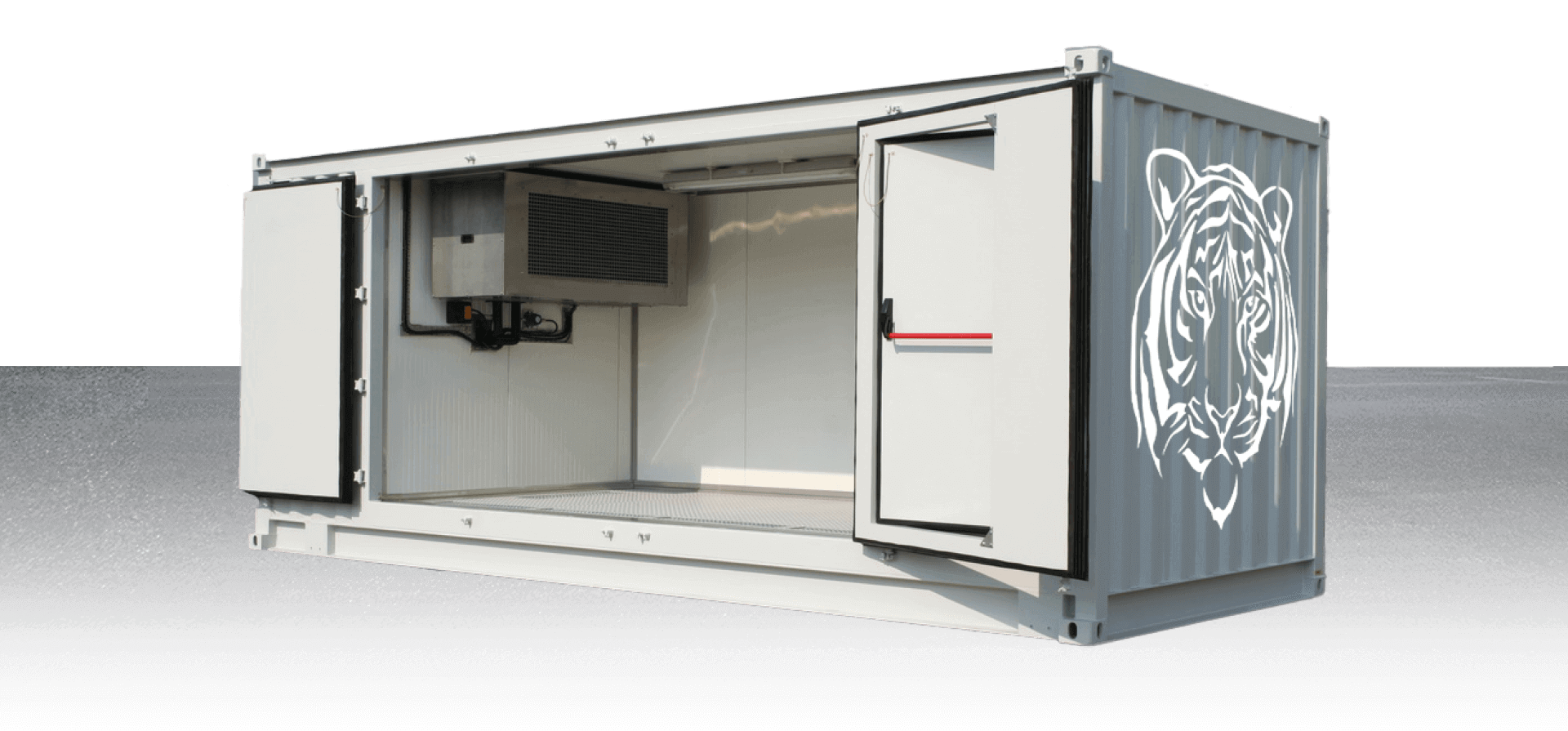
WHAT ARE THE USES OF REFRIGERATED SHIPPING CONTAINERS?
REEFERS FOR EVENTS
If you’re looking for the perfect solution for event refrigeration, reefers provide all the capabilities of a traditional cold room with the added advantage of portability. Reefers can be used for food storage for large events where lots of food is required and big crowds are gathering, such as conferences, festivals, weddings, concerts, sports events, outdoor shows among other functions.
Because of the sensitivity of food, cold refrigeration will be required onsite, especially if your function is being held on warmer days such as during summer. Not only does it provide you with a secure place to store your food, it’s the perfect outside catering solution for your event and you can easily move it between different locations if you need.
Furthermore, these units are completely independent as they have integrated gen packs and refrigeration mechanism to offer the ideal off-the-grid cold storage solution.
REEFERS FOR DISASTER RELIEF
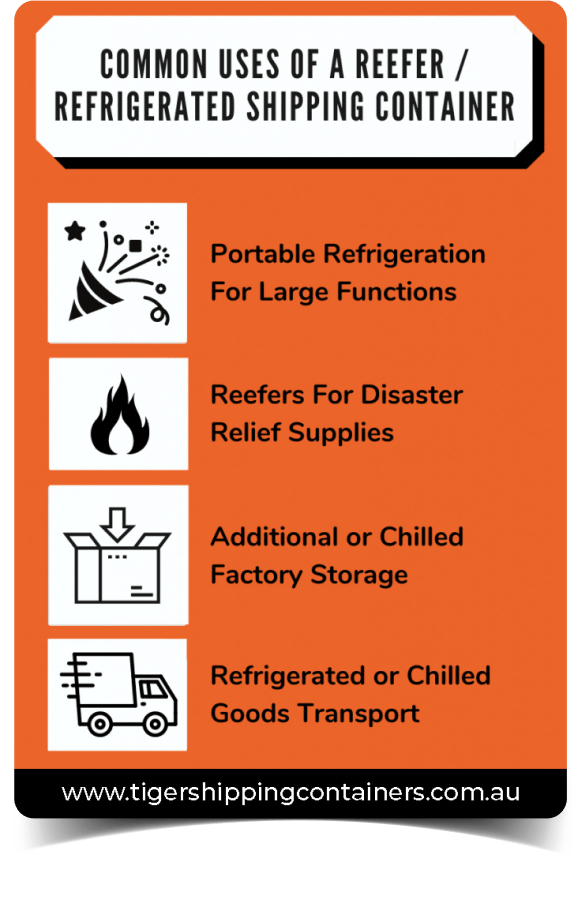
PROTECT YOUR FRESH PRODUCE WITH REFRIGERATED TRANSPORT
If you’re looking for a container that can safely transport perishable cargo such as fresh produce from one location to another, reefers are definitely the way to go.
Plus, as reefers are essentially containers with additional modifications, they are compatible with all the handling equipment used for general purpose containers.
BENEFITS OF USING
REFRIGERATED SHIPPING CONTAINERS

Flexibility – A reefer can provide more flexibility when it comes to your storage needs. Reefers allow racks and partitions to be installed if you need to store smaller items or remove them when you want to store larger items. You can also store goods that don’t need refrigeration.

Easy transportation – Reefers makes for super easy transportation of cargo and goods due to being compatible with all container handling equipment, which means that you can utilise the available infrastructure to move them around.

Easy setup – You don’t have to worry about complicated and messy set ups. A refrigerated shipping container is easy to set up at the site where it is required, all you need is flat ground and you can set it down and it’s ready.

Varied power options – The container can either be powered from the mains or using fuel.

Durability – All shipping containers, reefers included, are built to withstand the harsh conditions of the sea and rough treatment during transportation which makes them very durable.When used to transport perishable goods, refrigerated cargo containers are beneficial in the following ways:
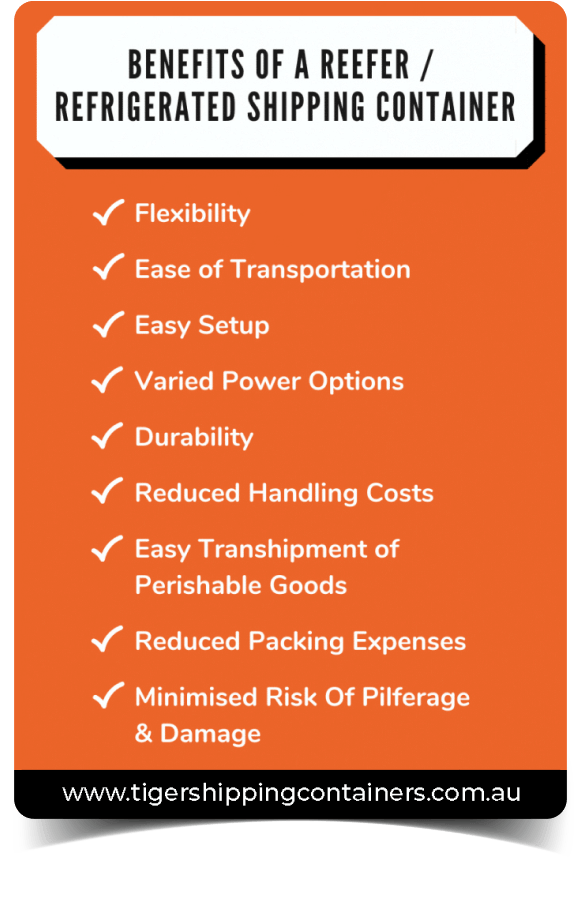
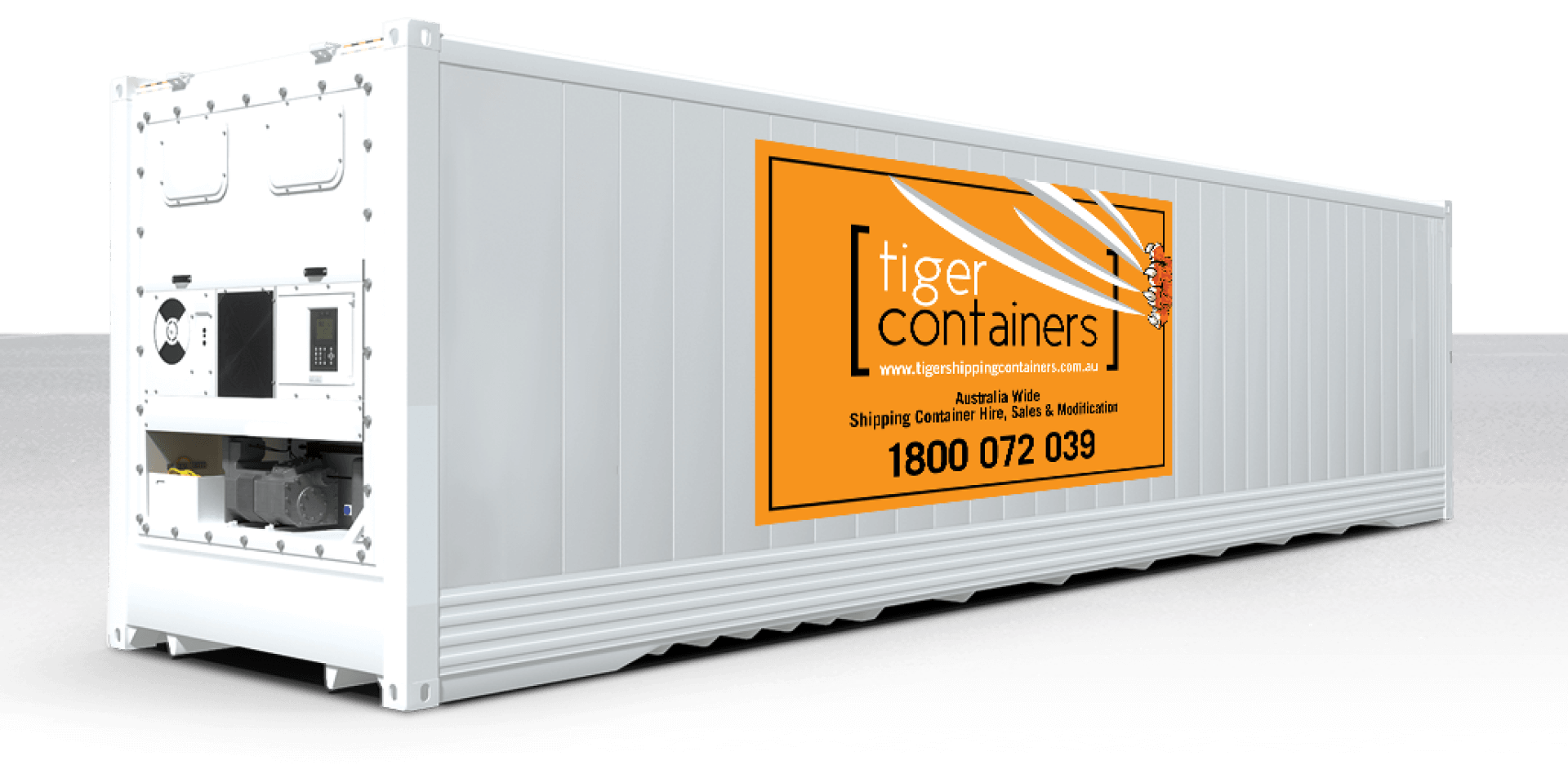
ABOUT TIGER CONTAINERS, YOUR #1 CHOICE:
Tiger Containers is proud to have been in this business for more than 30 years and to have helped clients across Australia find the perfect reefer solution to ship their goods and cargo. We provide new and used professional and quality refrigerated shipping containers for sale and hire in Australia.
Our reefers are:

High quality – We strive to deliver quality results to our customers and we do that by ensuring that our containers meet international standards. We have very stringent quality control measures that we implement for both our new and used reefers.

Compliant with Australian standards – All our refrigerated containers are compliant with Australian standards.

Warranty protected – Our customers get a three-month warranty for all container purchases.

Competitively priced – Whether you are buying or renting a shipping container from us, you can count on us to provide the best prices in the country.
CHECK OUT TIGER’S EXAMPLES OF REEFER CONTAINERS
We pride ourselves on providing first-class and high-quality reefers and containers to our many customers across Australia. Here are some examples of refrigerated container orders we have fulfilled recently.
Here are some examples of refrigerated container orders we have fulfilled recently.
For this customer, we converted a 20ft refrigerated container into a 10ft chiller. We also fitted it with a quick release door with a release valve to make it easy to operate.
The chiller is designed to draw power from a 240 volt – 15 amp power source and can maintain a temperature range of between -5 and 4 degrees.
Similar chillers are available for hire or purchase and would make a perfect addition for events and businesses looking for extra chiller space.
For this order, the customer wanted us to fit a centralised door and finish off the modification with a black coat of paint for the entire reefer. We were able to do the modifications with great success adding another satisfied customer to our books.
Recently, a customer who had space restrictions came to us looking for a viable outdoor cool room alternative. After discussing the options, we decided to reduce the length of standard reefer to 4.8 metres so that it could fit in his allocated space.
Because the reefer would be a tight fit in the available space, opening the doors would be an issue, so we had to come up with a solution for that. We designed and installed butcher doors that open from the LHS and slide to the right allowing users access despite the confined space. Since the container was to be used as a freezer, constantly running at -20 degrees, we needed to install a heat strip to keep the doors from freezing up; which we did.
We also installed 2 freezer lights inside to enable the customer to work inside the reefer with the door closed and finished off the job with a light grey paint job for a beautiful finish.
WHAT CAN YOU STORE INSIDE A REFRIGERATED SHIPPING CONTAINER?
FOOD, FOOD AND MORE FOOD
FRESH AND BEAUTIFUL BOUQUETS
AND SPARKLING BOTTLES OF WINES
It’s always a pity when flowers arrive on your doorstep and they are wilting. Luckily, reefers are commonly used to transport this perishable item, allowing people from all over the country to have access to fresh flowers. Thanks to refrigerated containers, flowers can be transported from South America, Europe and Asia.
Another favourite item also transported regularly through refrigerated containers are wines. Not many people realise that wines can be temperamental when it comes to transporting them across the country, with any change in temperature causing them to go bad. This is why it’s important that they’re transported in specialised, temperature-controlled reefer containers.More and more catering companies and event coordinators have started using or hiring reefers for their services and events, because of their ability to keep food, flowers and wine fresh and at their best.

KEEPING THOSE CAMERAS ROLLING
USING REEFERS FOR THE TRANSPORTATION OF MEDICAL SUPPLIES
One of the most important items moved by reefers is life-saving medicines. Many medicines require refrigeration and ventilation technologies during transport across the country and the world, which only reefers can provide. These days, with an increasing number of medicines now being transported on reefers, the cost of many medicines also decreased, giving more people access to these much-needed medicines.
Because of this ability to store and transport large quantities of medicines as well as food, reefers have become very useful in military operations and disaster management.
WHAT ARE THE DIMENSIONS OF REFRIGERATED CONTAINERS?
Externally, the dimensions of reefer containers are identical to those of a general purpose container. This ensures that reefers are compatible with regular ISO standards and hence don’t require any special handling equipment. But since they are insulated and could have an additional refrigeration unit, internal dimensions are smaller, and hence reefers are less roomy inside.
There’re two common reefer sizes based on their lengths: 20ft and 40ft. A high cube variant is also available for the 40ft reefer to provide extra volume to users who need more of it. The general specifications of a reefer are as follows:

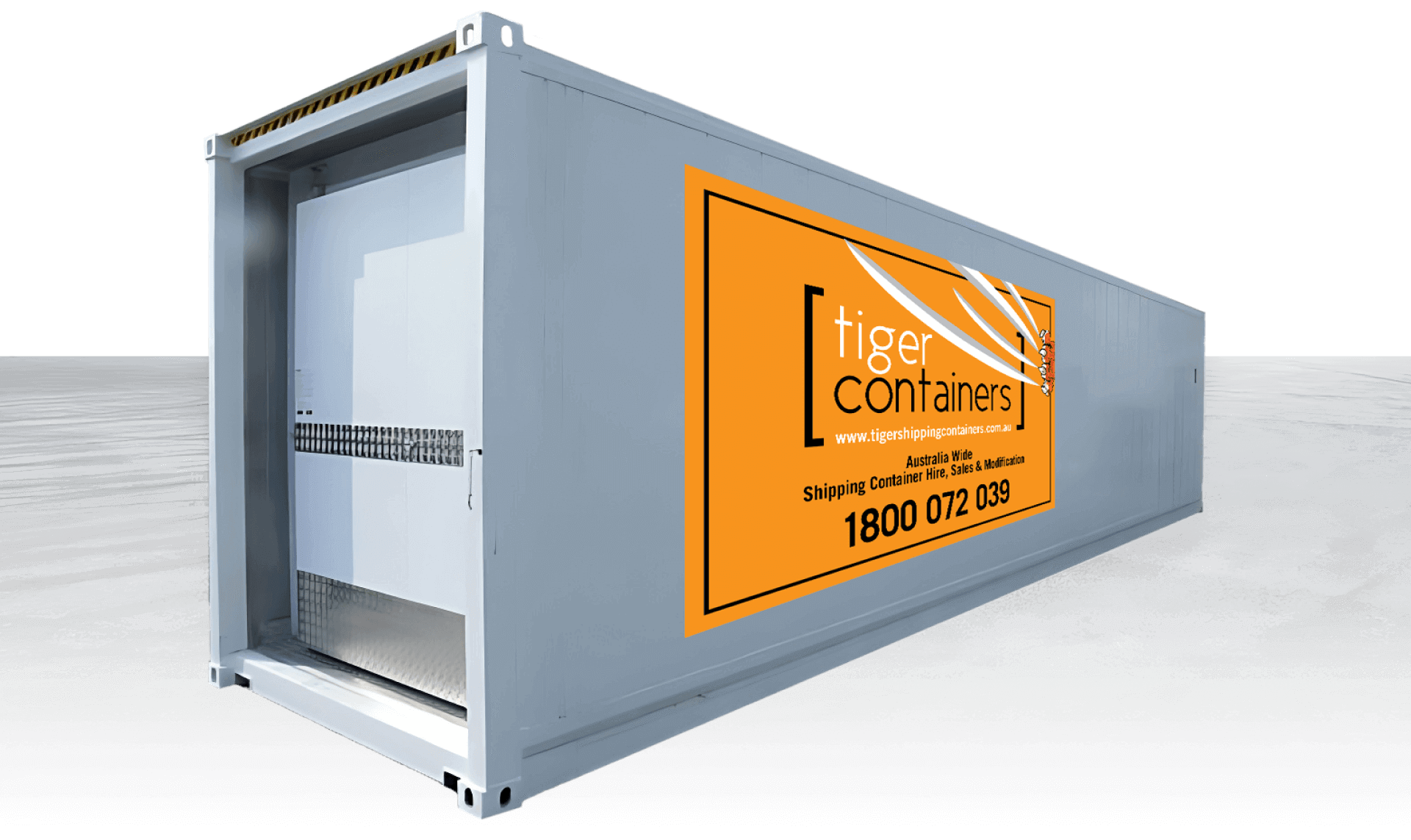
BUY OR HIRE SECOND-HAND OR NEW STORAGE OPTIONS
Maybe you’re in the market for a used reefer container rather than a new one? Lucky for you, Tiger Shipping Containers offers 2nd hand reefers for hire or sale. And the 2nd hand reefers make for great savings for your bottom line. Plus, if you go with the hire option, you get it even cheaper, and we’ll just pick the reefer up at the end of the rental term and take it away! No hassle, no fuss. And of course, unlike our competitors, we don’t lock you into long-term contracts and offer very affordable pricing on container hire.
How Many Reefers are in Use?
According to industry reports; the reefer container market size is expected to reach 5,981,000 twenty-foot equivalent units (TEU) in 2030, a 7.3% growth from the previous decade period. So, you can rest easy in the knowledge that when you buy a reefer, you’re buying a container that is the backbone of the container industry. Whether you’re transporting food, pharmaceuticals, or other temperature-sensitive items, reefers will help ensure that your goods arrive at their destination in perfect condition.
AIR COOLED REEFERS
The air method of cooling a reefer is the most common and typically the most effective. Air-cooled reefers have a cooling unit mounted on the end wall of the container that forces cool air through the unit, usually via the floor or side of the container. The floor arrangement in a reefer allows cooling air circulation throughout the trailer. And air-cooled reefer containers are perfect for transporting products such as fresh fruit and vegetables and meat and dairy products. The cold air circulates throughout the container, lowering the cargo temperature inside.
WATER COOLED REEFERS
A water-cooled reefer has a cooling unit mounted on the reefer’s underside that circulates water through the container’s floor. This water is then cooled in a separate cooling unit and piped back into the reefer container to cool down your cargo. These containers are ideal for transporting temperature-sensitive products such as frozen foods, ice cream, and pharmaceuticals.
ETHYLENE OXIDE REEFERS
Ethylene oxide reefers use a chemical refrigerant to cool the air inside the container. This chemical is circulated through the reefer using a fan. And ethylene oxide is a very effective refrigerant and sterilising agent, but it can also be toxic, so may not be the right option for your business needs. For this reason, ethylene oxide is only used to transport products that need to be kept at extremely low temperatures, such as vaccines and lab samples.
DRY ICE REEFERS
Dry ice reefers use a cooling system that circulates cold air through the container using a fan. The cold air is generated by evaporating dry ice, which is placed in the reefer’s cooling unit. This type of container is ideal for transporting products such as ice cream and frozen foods.
PORTHOLE AND INTEGRATED REEFERS CONTAINERS
Currently, there are two types of refrigerated containers in the world today, porthole containers and integrated containers. The porthole container is becoming less and less common due to companies shifting to the newer model, which are integrated containers.
Porthole containers have two holes in the rear wall which is used for ventilation. From these holes, cold air is pumped into the container and warm air evacuated to keep the contents at the desired temperature. This type of container requires being connected to a reefer plant where the air is cooled before being pumped into the container. Integrated containers are a more sophisticated reefer that features an integrated cooling system and can easily be moved from sea to rail and vice versa without any complications. This system has made the modern shipping container more independent, making it easier to switch between different modes of transport. Integrated reefers also feature a refrigeration mechanism that is either self-powered (using fuel run gen sets) or powered by external power points on quays, ships, and landing bases.
CHOOSING A REEFER CONTAINER
Much like standard containers, reefers come in various sizes, depending on their use. Fortunately, most containers are manufactured according to standard sizes set by the International Organisation for Standardisation, making it simple to incorporate them into your existing systems and storage. Traditionally, reefers come in 20ft, 40ft and 40ft High Cube options. If you’re unsure what size reefer to invest in, just give us a call and we’ll walk you through the options that best suit your individual requirements.
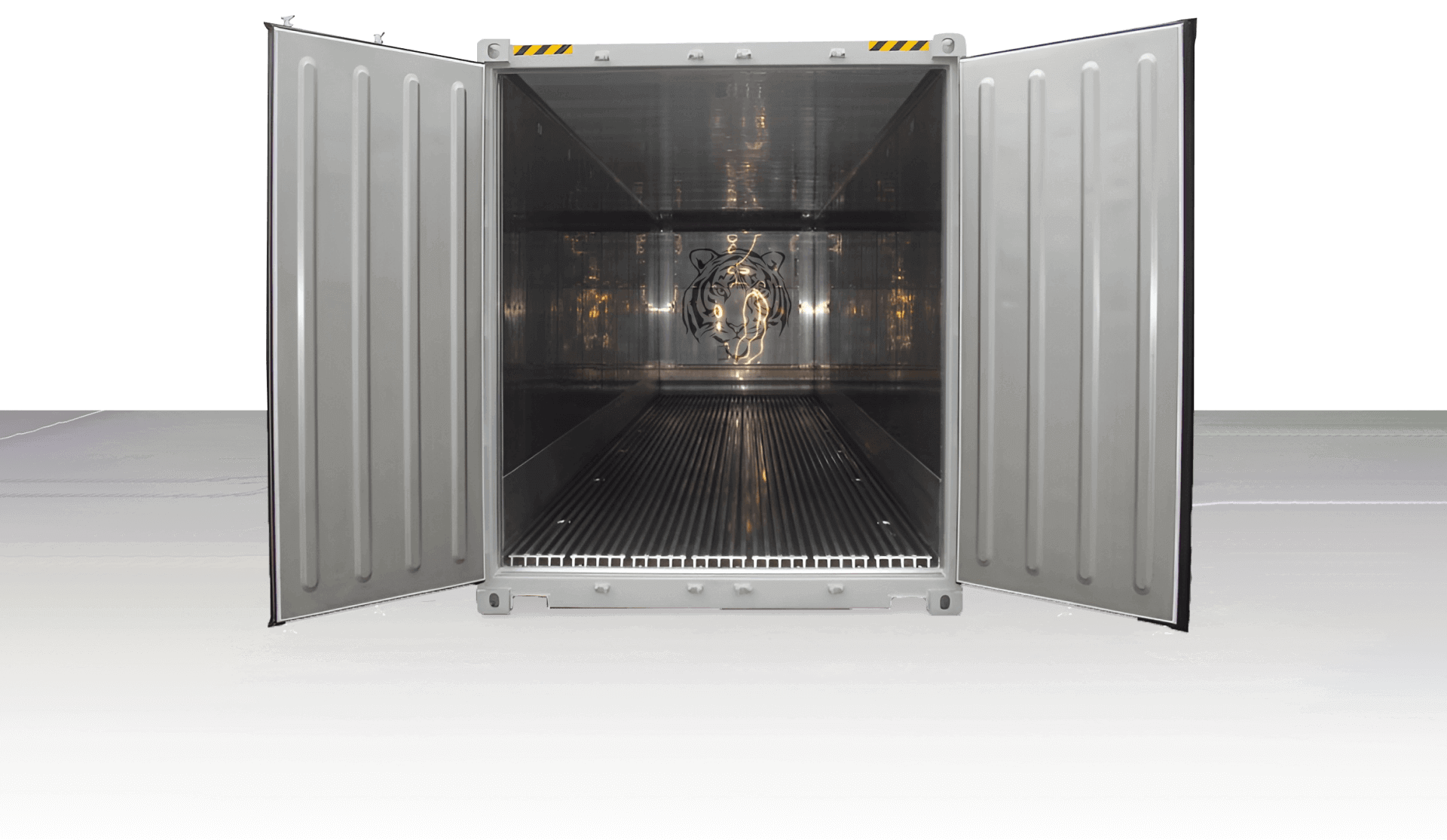
things to conside when buying a reefer
There are a few other things to keep in mind when you call us about your reefer container needs. These include the size of your shipment, the temperature requirements for your goods, and whether or not you need to use a specialised loading dock or electrical supply. Because, at the end of the day, you need a container that exactly matches your needs, not ours. Here are some things to consider when buying a reefer container:

Suitability for your needs – It pays to really have a think about the amount of space you require, what goods the refrigerated container will be used for and where the shipping container will be used so you can choose the appropriate power option. Three sizes are available 20ft, 40ft and 40ft high cube.

The terms used - containers are described using labels such as “one trip” – which as the name suggests have only been used on a single trip. This is the newest kind of container you can acquire.

Older reefers are often tagged with “as-is”, which indicates it’s a 2nd hand container with some wear.

Transportation certifications - you must also ensure the reefer you buy has been inspected and declared seaworthy and/or cargo worthy, especially if you will be using your reefer for shipping.

Construction materials – The quality of the shipping container cannot be under estimated, so you need to ensure the container is constructed using quality materials as this will affect its durability.

The quality of the paint job - containers that still have their factory paint coating are the best, but professionally repainted ones can also be as good. Containers described having “no shipping label” will have no company logo (or markings) and have one uniform colour.

Weatherproofing – The shipping container must be able to weather any water, so make sure you inspect the container to ensure that it is completely water and windproof with proper sealing.

If buying a 2nd hand reefer, ensure the condition of the refrigeration mechanism is in good nick. Cooling mechanisms are expensive to replace, and any failure would mean damage to your temperature sensitive goods.

Interior condition - the interior walls, floor, and roof must be good shape, as they will be holding your cargo and goods. Don’t forget that the proper insulating material must be present.

Aesthetics - If the container looks quite worn and damaged from the picture, it probably is, so make sure to personally inspect the container before acquiring it.

Is there a “no shipping label”? - This generally means that there is not a company logo on the container. This means that the container will be painted one colour and will not have a lot of other markings.

How long are you going to need and use the container for? - if the container is for the long-term storage of perishable products, then buy a reefer. But if you only need it for a specific time frame, renting a reefer will save you thousands.
Australia’s Biggest Brands Trust
tiger shipping containers
So can you






what happens if the reefer turns off?
Reefers are powered from the mains when in the warehouse. The diesel system of the truck transporting your reefer provides power during land transportation. And if transporting at sea, the reefer will be connected to the ship’s onboard power supply.
Now, all these systems are 100% reliable, but what happens if something unforeseen happens and there is a power failure during the transportation of your reefer?
In most cases, reefers come equipped with independent generators to keep them running in the event of a power outage. In addition to redundancy at the dock, many reefers – especially the newer models – also have internal battery backup systems to prevent power loss. For example, most reefers have two compressors instead of one. If one compressor fails, the other can take over. Plus, many have onboard backup power supplies to keep running even if there is a power outage.
tiger shipping containers sells & hires new & 2nd Hand reefers
When it comes to locating high-quality refrigerated shipping containers, you want to ensure the option you choose keeps your cargo chilled, frozen or in the same temperature range to keep it in top quality. So, hiring or purchasing your container from a reputable company is key. Tiger Shipping Containers offer fully inspected containers that we deliver straight to your door throughout Australia. If you’d like to know more, contact us for a free quote.
